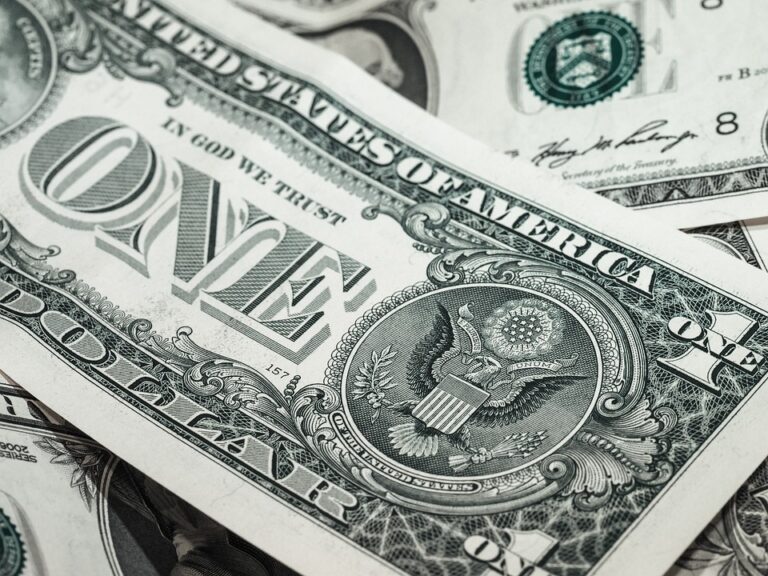Last updated Mar. 20, 2025 by Charles Zemub
For many, owning a car is essential for commuting, convenience, and even entertainment. However, purchasing a car often involves taking out a car loan, a decision that impacts your financial future. One key aspect of managing this loan is understanding how settling it can affect your credit. In this detailed exploration, we examine the relationship between settling a car loan and your credit score, what benefits might arise, and potential pitfalls to avoid. We also include a concise summary for a quick overview and address common questions related to this topic.
Understanding Credit Scores
Before diving into the specifics of how settling a car loan affects your credit, it’s essential to understand credit scores. Your credit score is a numerical representation of your creditworthiness, used by lenders to assess your ability to repay loans. It is calculated based on several factors:
- Payment History (35%): Whether you have paid past credit accounts on time.
- Credit Utilization (30%): The ratio of current credit card debt to your total available credit.
- Credit History Length (15%): How long your accounts have been active.
- New Credit (10%): The number of recently opened accounts and inquiries.
- Credit Mix (10%): Diversity of your credit portfolio, including loans, credit cards, mortgages, and more.
How Settling a Car Loan Impacts Your Credit Score
Positive Impacts
-
Improved Credit Utilization:
- Closing a car loan reduces your overall debt level, potentially improving your credit utilization ratio. This can lead to an increase in your credit score, as lower credit utilization is seen as a positive credit behavior.
-
Payment History Contribution:
- Successfully settling a car loan by making all required payments on time contributes positively to your payment history. This is the most significant factor affecting your score, and consistent, timely payments demonstrate responsibility.
-
Reduced Debt-to-Income Ratio:
- Settling a car loan lowers your total debt, which might improve your debt-to-income ratio. This ratio is crucial when applying for new lines of credit or loans and can make you more attractive to lenders.
- Increased Opportunities for Credit:
- With the car loan settled, you have freed up borrowing capacity. Lenders might offer you better terms for future loans due to the decreased risk associated with your financial profile.
Negative Impacts
-
Short-term Credit Score Dip:
- Sometimes, settling a loan can temporarily lead to a slight decrease in your credit score. This is especially true if your car loan is your longest-established credit account, as closing it may impact your credit history length.
-
Impact on Credit Mix:
- Settling a loan reduces the diversity of your credit mix. If your credit portfolio was primarily bolstered by the installment loan, closing it may slightly decrease your credit score.
- Potential for Inaccuracy:
- Occasionally, errors can occur during the settling process, such as incorrect reporting of the loan’s status. Errors like these can negatively affect your credit score, necessitating vigilance in your credit report monitoring.
Strategies for Managing Credit Post-Settlement
-
Regular Credit Monitoring:
- Keep a close watch on your credit reports from the three major credit bureaus. By regularly checking your scores and reports, you can spot and rectify errors promptly.
-
Diversify Your Credit Portfolio:
- After settling your car loan, consider maintaining a healthy mix of credit types. This can enhance your credit mix factor and improve your score over time.
-
Avoid Racking Up New Debt:
- While you might feel tempted to take out more credit after settling your loan, it’s crucial to maintain a strict limit on new debts. High new debt levels can negate the benefits you gained by settling your car loan.
- Timely Payments on Remaining Credit Lines:
- Ensure that all remaining credit lines, including credit cards and other installment loans, are paid on time. Continued timely payments strengthen your credit score.
Long-term Benefits of Settling Your Car Loan
-
Financial Freedom:
- Without the monthly obligation of a car loan payment, you can channel your income into savings, investments, or other expenses. This financial flexibility can support better overall financial health.
-
Increased Creditworthiness:
- A settled car loan looks favorably on your credit report, showing potential lenders your ability to repay debts responsibly. This can lead to more favorable loan terms in the future.
-
Enhanced Borrowing Capacity:
- With a settled car loan, your borrowing capacity increases, enabling you to qualify for higher loan amounts or better interest rates in the future.
- Reduced Financial Stress:
- Knowing you’re free from financial obligation toward your car can reduce stress and provide peace of mind, contributing to overall well-being.
✓ Short Answer
Settling a car loan can positively influence your credit score by reducing debt levels, improving your credit utilization ratio, and contributing to a positive payment history. However, it may also temporarily lower your score if the loan significantly affects your credit history length or the credit mix. While closing the loan reduces your debt-to-income ratio and enhances borrowing capacity, it’s essential to maintain responsible credit habits moving forward to sustain improvements in your credit profile.
Navigating Post-Settlement Pitfalls
-
Avoid Complacency:
- Don’t become complacent after settling the loan. Continue to manage credit wisely and avoid neglecting financial responsibilities.
-
Understanding New Financial Products:
- Post-settlement, you may receive a myriad of credit offers. Analyze them carefully and avoid high-interest options or products that might lead you back into debt.
- Future Planning:
- Use the funds previously allocated to your car loan payment to build an emergency fund, pay off other debts, or invest for future goals.
FAQs
1. Can settling a car loan early hurt my credit?
Settling a car loan early can potentially lead to a temporary dip in your credit score. This usually occurs if the loan had been your longest credit history account, as it might reduce your average account age. However, the long-term benefits typically outweigh the short-term impacts.
2. How long after settling my car loan will I see an improvement in my credit score?
The impact on your credit score might not be immediate. However, you may begin to see improvements within a few months, particularly if you maintain other positive credit behaviors such as timely payments on remaining accounts.
3. Will closing a car loan affect my ability to get another car loan?
Closing a car loan can actually make it easier to get another car loan due to reduced debt obligations. Also, a settled loan with a good repayment history enhances your credit profile, making you a more attractive candidate for future lenders.
4. What should I do if there’s an error on my credit report post-loan settlement?
If you find discrepancies on your credit report after settling your loan, immediately file a dispute with the credit bureau. It’s crucial to provide documentation supporting your claim to facilitate swift rectification.
5. Does paying off my car loan early save money?
Yes, paying off your car loan early can save you money on interest payments, particularly if your loan is structured to accrue interest over time. However, some loans may include prepayment penalties, so it’s wise to check the terms of your loan agreement.
Understanding how settling a car loan affects your credit enables better financial planning and improved credit management. By harnessing the benefits and anticipating potential setbacks, car owners can strategically navigate their financial landscape towards enhanced credit health and greater financial freedom.





